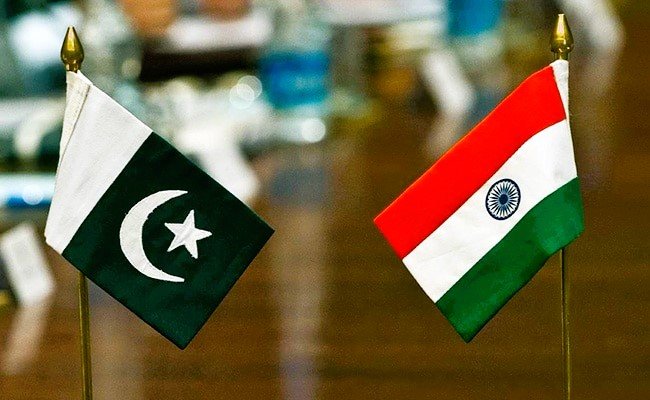New Delhi: Khalistani separatist Lakhbir Singh alias ‘Rode’, a designated terrorist under the Indian law, has died recently in Pakistan, where he had taken refuge after his uncle Jarnail Singh Bhindranwale was killed in 1984 during an army action, officials said on Tuesday.
Singh, whose ancestral village was at Rode in Moga district, died at a hospital in Rawalpindi following a massive heart attack, the officials said. Some reports suggest that he died on Monday while others indicate that he breathed his last on Saturday.

The self-styled chief of banned Khalistan Liberation Front was an accused in various cases and had a Red Corner notice issued by the Interpol at the request of India.
He was actively engaged in sending weapon and explosive consignments from across the border to India to carry out terrorist activities in Punjab.
During interrogation of various accused arrested by Punjab Police, they had said that they were in contact with Rode and had carried consignments of arms, ammunition and explosives to India at his instance for subversive activities for the Khalistan movement and also to terrorize people besides targeting Very Very Important Persons (VVIPs) and political leaders, his dossier prepared by the security agencies said.

Heading the banned terror group Internation Sikh Youth Federation, Singh had opened its offices in the UK, Germany, Canada and the US and was propagating a “Khalistan through violent means”, the dossier said.
He joined the Khalistan movement in 1982 after returning to Punjab from Dubai. After the 1984 storming of the Golden Temple, Singh fled to Nepal from where he shifted his base to Dubai again in 1986.
After settling his family in Canada, Singh came to Lahore where he was residing since 1991.
He is among the 20 most wanted terrorists whose extradition India has sought from Pakistan in the wake of the December 13 2001 attack on Parliament by a five-member group of Jaish-e-Mohammad (JeM) terrorists.

In October, an NIA court in Mohali ordered confiscation of land belonging to Rode at Kothe Gurupura (Rode) village of Smalsar Police station under section 33(5) of the Unlawful Activities (Prevention) Act, 1967. Under the section, a judge can confiscate moveable and immoveable property of a proclaimed offender involved in serious crimes.
The order came in a case registered by the NIA on January 1, 2021 under various sections of the UAPA, Indian Penal Code and the Narcotic Drugs and Psychotropic Substances act.
Singh was booked by Punjab Police initially for his alleged involvement in a tiffin bomb blast case that took place on September 15, 2021 in Jalalabad town of Fazilka district of Punjab.

Investigators claimed that he masterminded the entire conspiracy.
The probe indicated that he was working in collusion with his Pakistan-based ‘masters’ and that he had played a key role in sending consignments of terrorist hardware, including arms, ammunition, custom-made tiffin bombs, grenades, explosives as well as drugs, to carry out terrorist acts, particularly bomb blasts, to instil fear and terror among the people of Punjab, the NIA had said in an official statement.
The NIA was investigating six cases against him for his active involvement in terror activities between 2021 and 2023.
Rode was accused of engaging in a wide array of terror activities and his criminal dossier includes armed attacks on law-enforcement personnel, orchestrating IED and bomb blasts, targeted killings of members of the minority community, extortion, fund-raising for terrorist operations, and instilling terror among the general populace.
PTI
